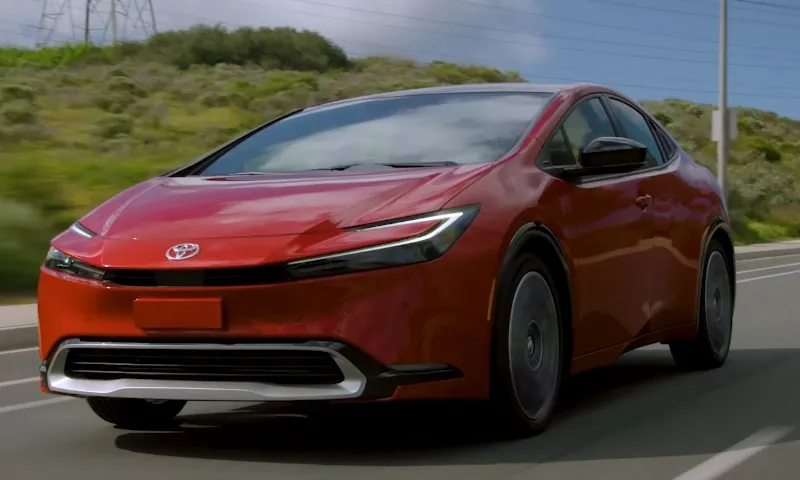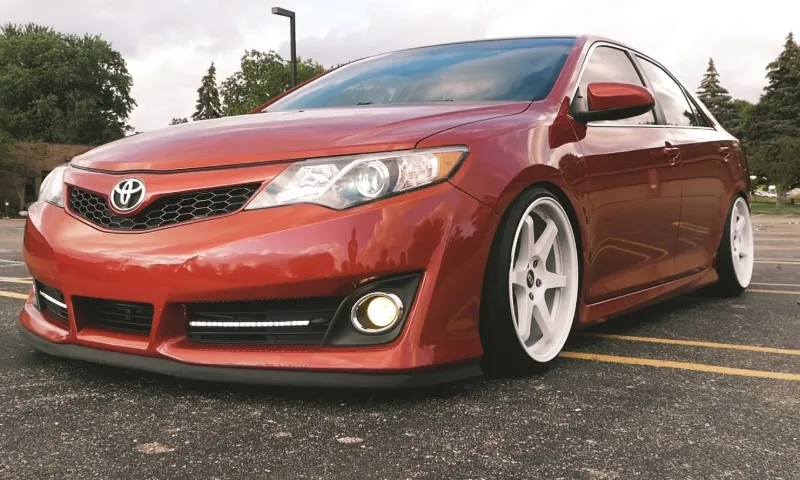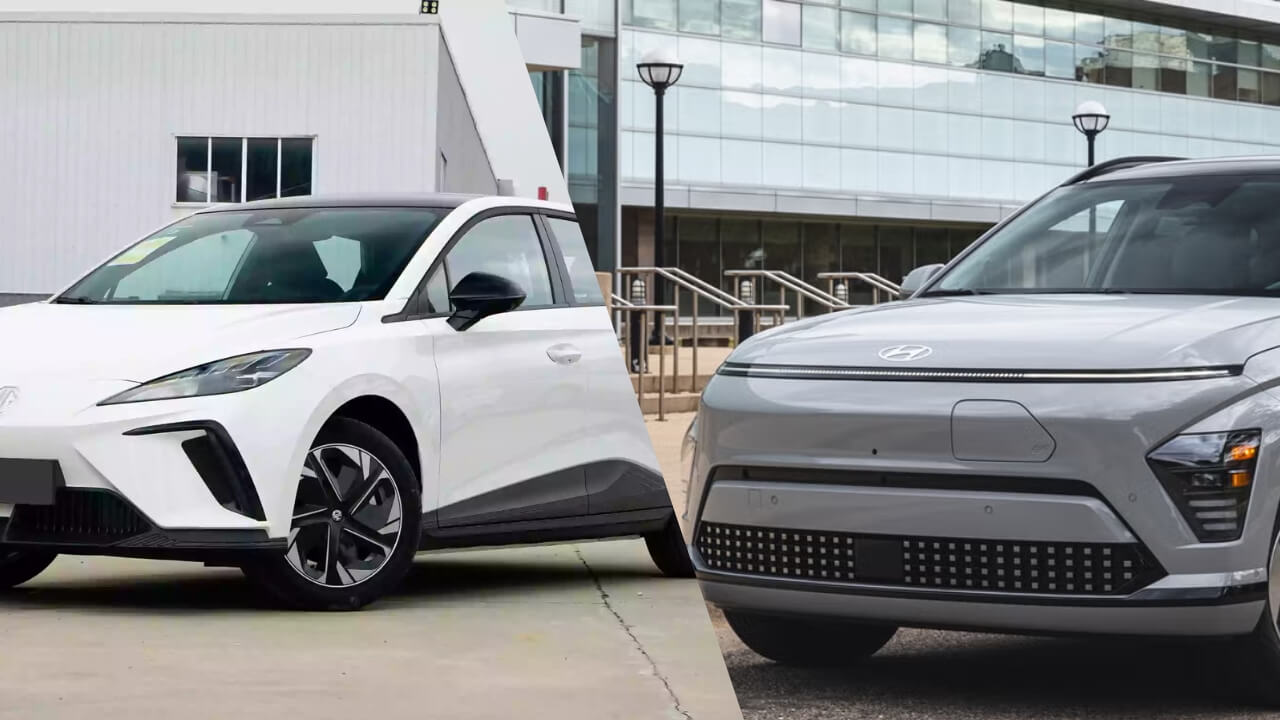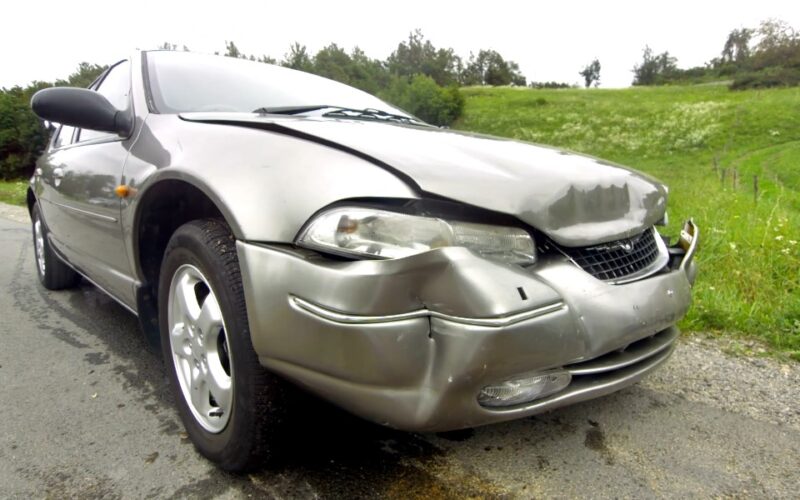
Share Post:
If you’ve ever found yourself in a situation where your car is declared a total loss, but it’s still drivable, you know it can feel both confusing and overwhelming.
The insurance company says it’s “totaled,” yet there it is in your driveway, running just fine—or almost fine. What happens next? I will break it down for you down below.
Table of Contents
ToggleHow Insurance Company Defines “Totaled”
When an insurance company calls your car “totaled,” they’re not saying it’s undrivable or destined for the scrapyard immediately.
They’re simply stating that the cost to repair the damage is higher than the value of the car, or close enough that it’s not worth fixing from their perspective.
Here’s how it works:
- Insurance companies set thresholds: The percentage of a car’s value that can go toward repairs before it’s declared a total loss varies by state and insurer. Typically, this range is 60% to 100%.
- It’s about dollars, not safety: Your car might still run well, but the repairs needed to restore it cosmetically or functionally outweigh its monetary worth.
Why Your Car Can Be Totaled But Still Drivable
Sometimes, the damage to your car is primarily cosmetic or related to non-critical components. Think of things like a dented door or scratched paint.
The car may run perfectly fine, but it looks like it’s been through the wringer. From an insurance perspective, fixing it isn’t worth the investment, but that doesn’t mean it’s ready for the junkyard.
What Are Your Options?
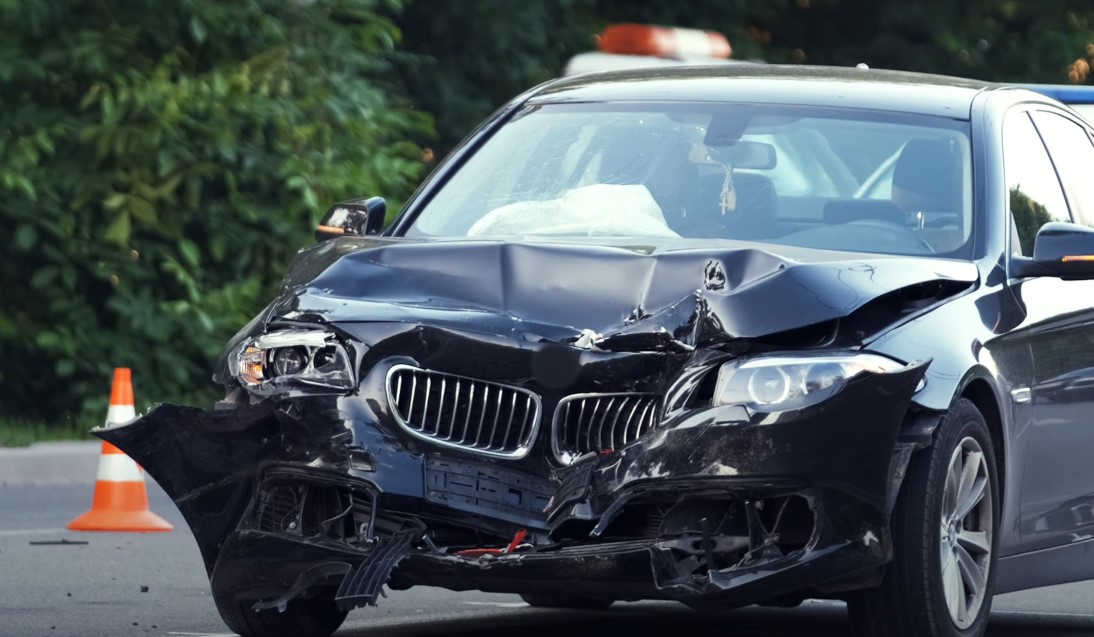
When your drivable car is declared a total loss, you have several paths to choose from. Let’s take a closer look:
1. Take the Insurance Payout and Say Goodbye
The simplest option is to accept the settlement from your insurance company. They’ll pay you the car’s actual cash value (ACV), minus your deductible, and take the car off your hands.
- You get a lump sum and can move on to buying a new vehicle.
- If the payout isn’t enough to replace your car or doesn’t cover what you still owe on a loan, you could end up in a financial pinch.
2. Keep the Car and Accept a Lower Payout
If parting with your car doesn’t feel right, you can negotiate to keep it. In this case, the insurance company will reduce your payout by the car’s salvage value. For example:
- If your car’s ACV is $9,000 and the salvage value is $2,000, you’d receive $7,000.
Things to consider:
- You’ll be responsible for repairs.
- You’ll likely receive a salvage title, which impacts future resale value and insurance options.
3. Repair the Car on Your Own
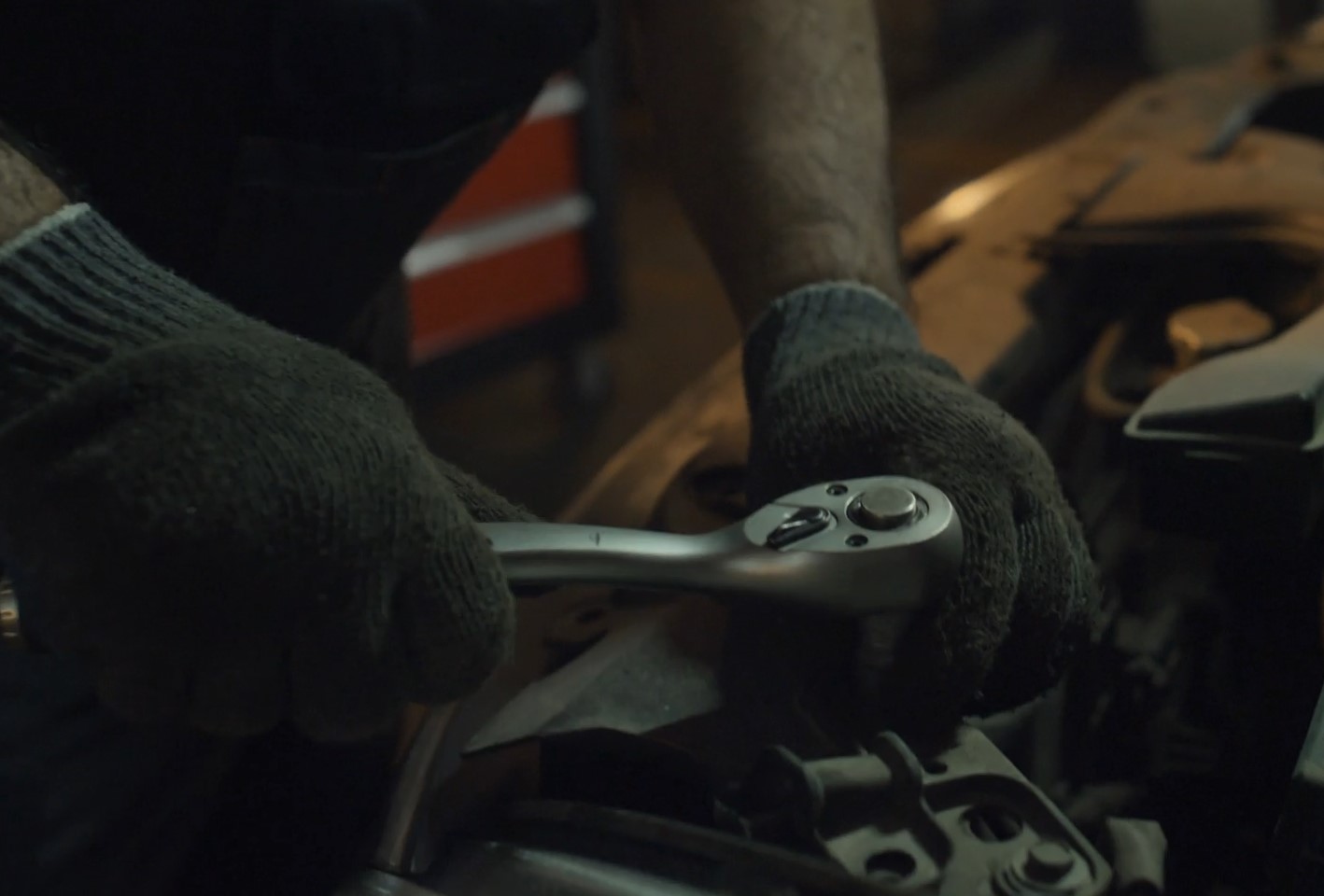
Some people choose to fix their car independently, especially if the damage is more about appearance than function. If you’re handy or have a trusted mechanic who can do the work affordably, this could be an option.
- Heads-up: Insurance companies often won’t cover vehicles with salvage titles beyond liability, and the car’s resale value will take a hit.
4. Sell It for Parts or Salvage
Not ready to repair or keep the car? You can sell it to a salvage yard or a buyer who’s interested in parts.
- It’s a quick way to get cash.
- The amount you’ll get is usually far below what the car might have been worth pre-accident.
What Happens If You Keep the Car?
Deciding to hold onto a totaled but drivable car comes with responsibilities and potential hurdles. Here’s what to keep in mind:
You’ll Need a Salvage Title
Once your car is deemed a total loss, the DMV typically requires it to be issued a salvage title. This label tells everyone—insurers, buyers, mechanics—that the vehicle was in an accident and declared a loss.
To legally drive it, you’ll need to:
- Repair the car to meet safety standards.
- Pass a state inspection.
- Apply for a rebuilt or reconstructed title after the inspection.
Insurance Might Be Tricky
Getting insurance coverage for a car with a salvage or rebuilt title can be more challenging. Some insurers won’t cover such vehicles at all, while others may only offer limited coverage. Be prepared to shop around or negotiate with your current provider.
Resale Value Takes a Hit
Even after repairs, a car with a salvage or rebuilt title is worth significantly less than one with a clean title. Potential buyers may be cautious about its history, and trade-ins are often rejected by dealerships.
Financial Questions to Ask Yourself
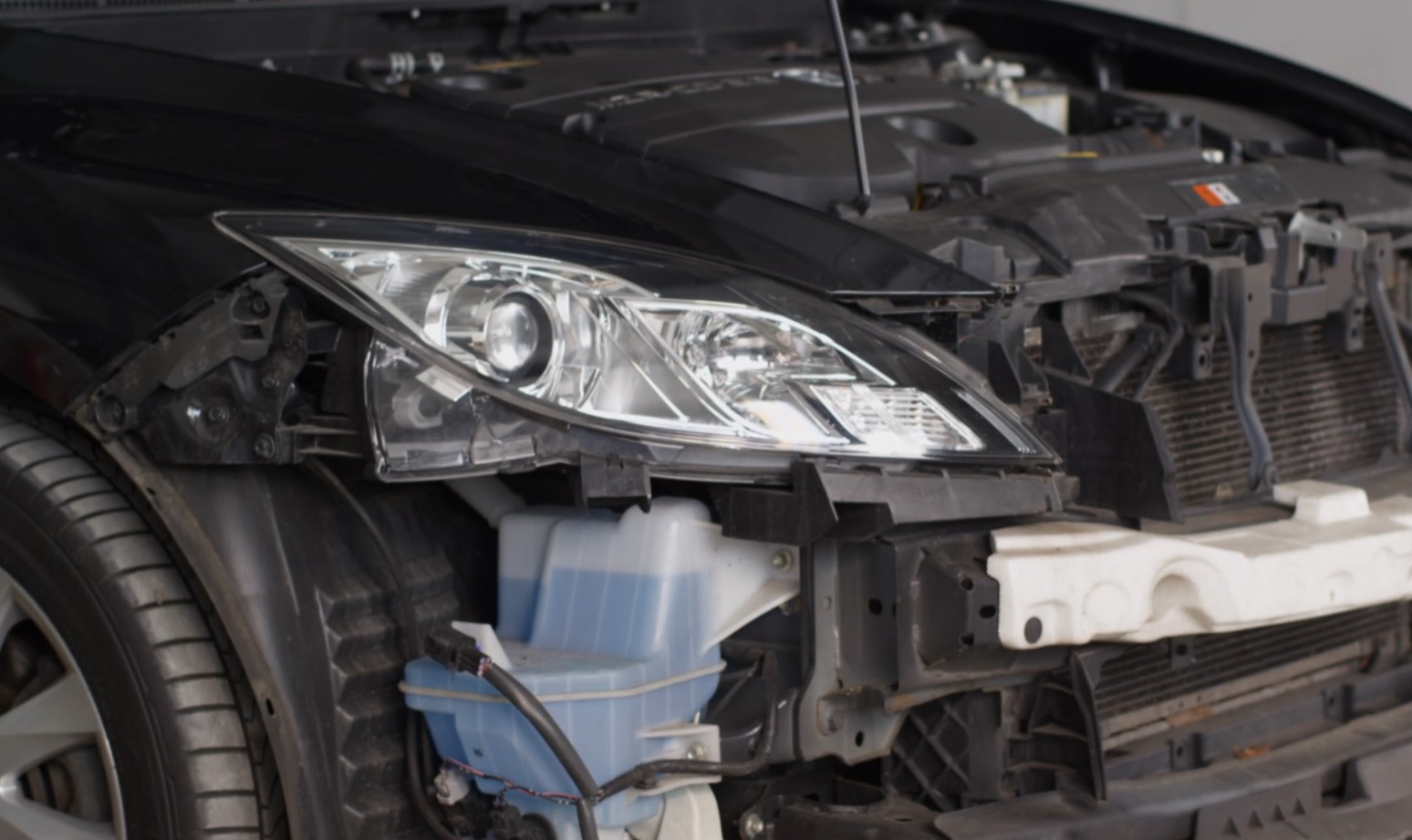
When deciding what to do with your totaled but drivable car, ask:
- Are repairs worth it? Compare repair costs to the payout and the car’s value.
- How’s your budget? Keeping and fixing the car might save money upfront, but ongoing costs—like insurance or potential maintenance—can add up.
- What’s your end goal? If you plan to keep the car long-term, its diminished resale value might not matter. If you think you’ll sell it, you’ll need to factor that into your decision.
Safety Should Always Come First
Even if your car runs fine, underlying issues from the accident could make it unsafe. Before committing to repairs or driving it regularly, have a trusted mechanic do a thorough inspection.
Ensuring the vehicle’s safety is non-negotiable, both for your well-being and for meeting state inspection requirements.
What Else Can You Do?
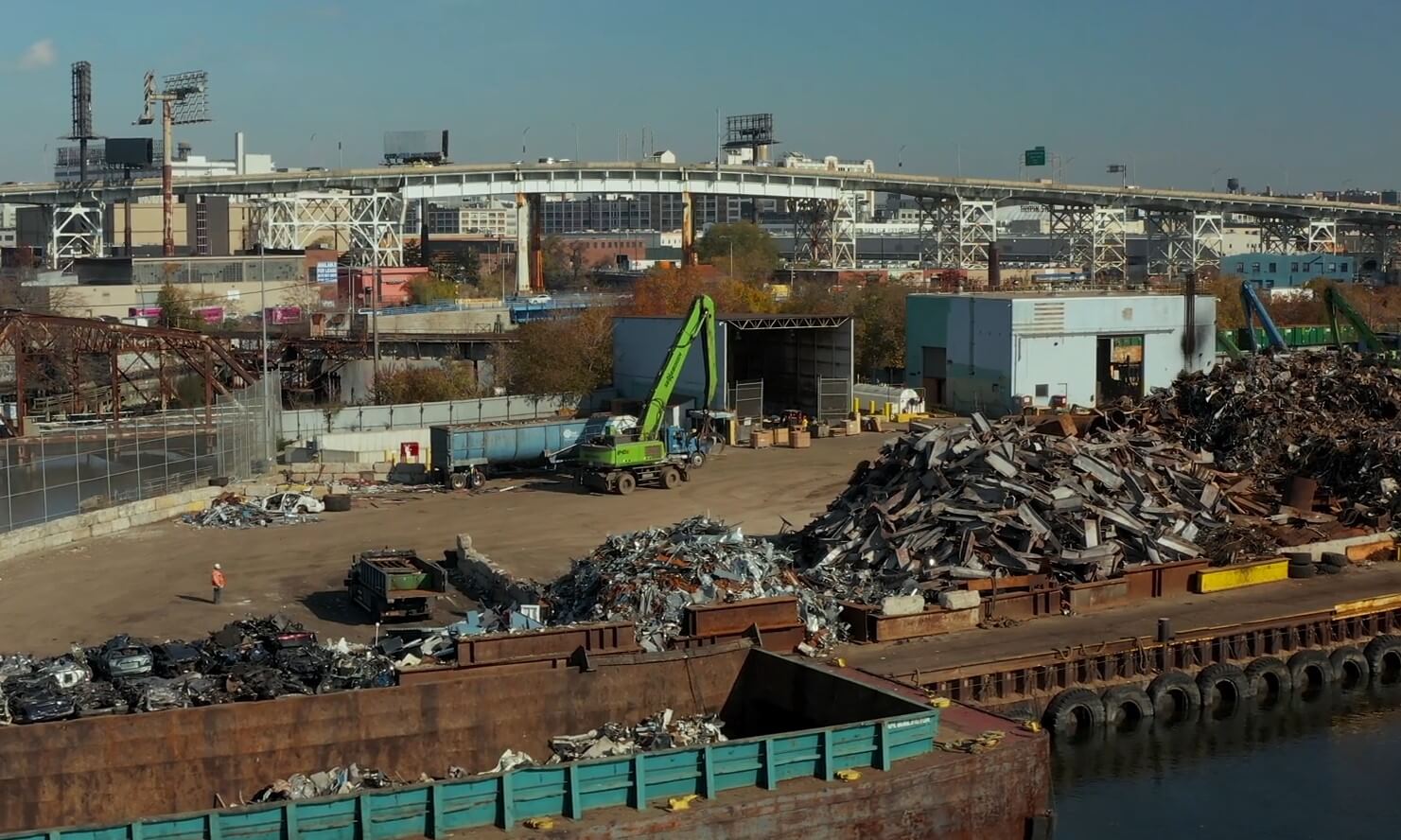
If keeping or repairing the car feels like too much hassle, there are other routes to consider:
- Sell to a salvage yard: Quick cash, no repairs required.
- Donate the vehicle: Many charities accept damaged cars, and you might get a tax deduction.
- Trade it in: Some dealerships will take it as a trade-in, though the offer may be low.
Summary
When you’re faced with a totaled but drivable car, it’s all about weighing your options and making a choice that fits your situation.
It doesn’t matter if you decide to let it go, keep it, or fix it up, take the time to consider the financial, safety, and legal aspects carefully.
There’s no one-size-fits-all answer, but with a little thought and planning, you’ll find the path that works best for you.
Related Posts:
- What Happens If You Put the Wrong Fuel in Your Car?
- What Happens When a Self-Driving Car Is Involved in a Crash
- Why the 1948 Ford Truck is Still an American Icon in 2025
- 10 Best Cars of the 2010s That Still Feel New in 2025
- Car Clicking But Won’t Start? Common Causes and How…
- The DeLorean Is Back - But You’ll Need Crypto to Get One





